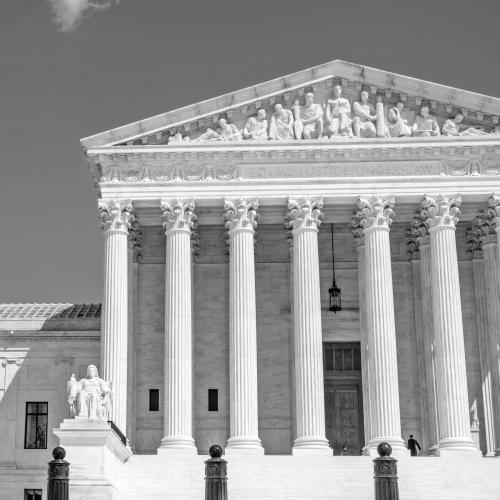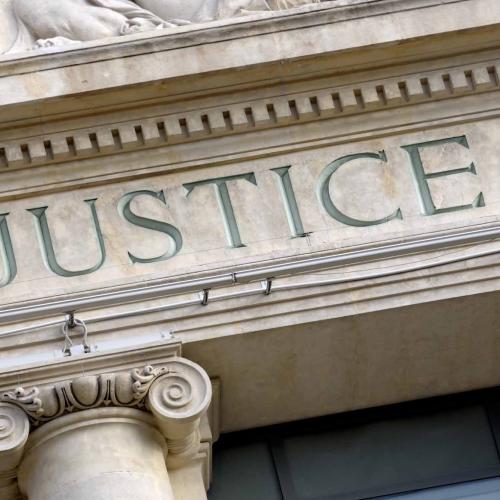In Virginia, the legal framework governing Brady obligations is shaped by both state and federal law. While the Brady decision itself is a federal mandate, Virginia courts have interpreted and applied it through the lens of state-specific procedural rules and judicial decisions. This has led to a legal landscape where the Brady obligation is not only a matter of federal constitutional law but also deeply intertwined with Virginia's own legal norms.
One of the unique aspects of Virginia's approach is the state's restrictive discovery rules in criminal cases. Unlike many other states that have adopted more liberal discovery practices, Virginia has historically maintained a narrow scope of pretrial discovery. Under Rule 3A:11 of the Virginia Rules of Criminal Procedure, the defense is entitled to certain types of evidence, such as statements made by the accused, but the rule does not require the automatic disclosure of all exculpatory evidence. This contrasts sharply with jurisdictions that have more expansive discovery rules, where the prosecution may be required to disclose a broader range of materials to the defense.
Practical Application and Interpretation of Brady in Virginia
The practical application of Brady obligations in Virginia reveals further distinctions. For example, the timing of when Brady material must be disclosed can differ in Virginia from other states. While the U.S. Supreme Court has not set a specific timeline for the disclosure of Brady material, it generally must be provided in time for the defense to make use of it at trial. However, in Virginia, courts have sometimes allowed for later disclosures, particularly when the prosecution claims that the evidence only became relevant or known at a later stage in the proceedings.
Virginia courts have also been relatively conservative in their interpretation of what constitutes "material" exculpatory evidence under Brady. In some instances, Virginia courts have held that evidence was not material enough to warrant a new trial, even when there was a failure to disclose by the prosecution. This conservative stance contrasts with other jurisdictions where courts may be more inclined to find materiality and thus a Brady violation.
Ethical Obligations of Virginia Prosecutors
Beyond the procedural aspects, the ethical obligations of Virginia prosecutors regarding Brady material are particularly noteworthy. The Virginia State Bar has adopted the American Bar Association's (ABA) Model Rules of Professional Conduct, which include Rule 3.8(d), requiring prosecutors to disclose evidence that tends to negate the guilt of the accused or mitigate the offense. However, Virginia's enforcement of this ethical duty has been somewhat inconsistent.
Prosecutors in Virginia are expected to balance their role as advocates for the state with their duty to ensure a fair trial for the defendant. In practice, however, the discretion given to prosecutors in determining what constitutes Brady material and when it should be disclosed can lead to significant variability in how these obligations are met. Some critics argue that this discretion has sometimes resulted in the suppression of exculpatory evidence, whether intentionally or unintentionally, thereby undermining the fairness of trials in the state.
Comparative Analysis: Virginia vs. Other Jurisdictions
When compared to other states, Virginia's handling of Brady obligations stands out for its relative restraint in discovery and the conservative nature of its judiciary in interpreting Brady violations. For instance, states like North Carolina and New York have implemented broader discovery rules, mandating the open-file policy, which requires the prosecution to disclose all evidence in their possession, including potentially exculpatory material. This approach contrasts sharply with Virginia’s more limited disclosure requirements.
Moreover, some states have instituted stricter penalties for Brady violations, including disciplinary actions against prosecutors who fail to meet their obligations. In contrast, Virginia's disciplinary measures have been less stringent, with fewer instances of prosecutors facing serious consequences for Brady violations. This difference in enforcement mechanisms can create a perception of leniency in Virginia, which some critics argue may contribute to a lack of accountability for prosecutorial misconduct.
Recent Developments and Reforms
In recent years, there have been calls for reform in Virginia to bring the state's practices more in line with the broader trends in criminal justice. For instance, advocacy groups and legal scholars have pushed for the adoption of more comprehensive discovery rules, similar to those in other states, to ensure that defendants receive all pertinent information in a timely manner. Additionally, there has been a growing movement to enhance the training of prosecutors regarding their Brady obligations and to implement more robust oversight and accountability measures.
Some progress has been made in response to these calls for reform. For example, in 2020, Virginia enacted a new discovery law that expanded the scope of evidence that must be disclosed to the defense, including more explicit requirements for the disclosure of exculpatory evidence. While this represents a significant step forward, questions remain about how effectively these new rules will be implemented and whether they will lead to a meaningful change in prosecutorial practices.
Virginia's approach to handling Brady obligations is marked by a combination of restrictive discovery rules, a conservative judiciary, and a prosecutorial culture that emphasizes discretion. While this approach is rooted in the state's legal traditions, it has led to practices that differ in significant ways from those in other jurisdictions. The state's recent efforts at reform suggest a recognition of the need for change, but the effectiveness of these reforms remains to be seen. As the landscape of criminal justice continues to evolve, it will be important to monitor how Virginia adapts to ensure that its handling of Brady obligations aligns with the principles of fairness and justice that underpin the American legal system.




